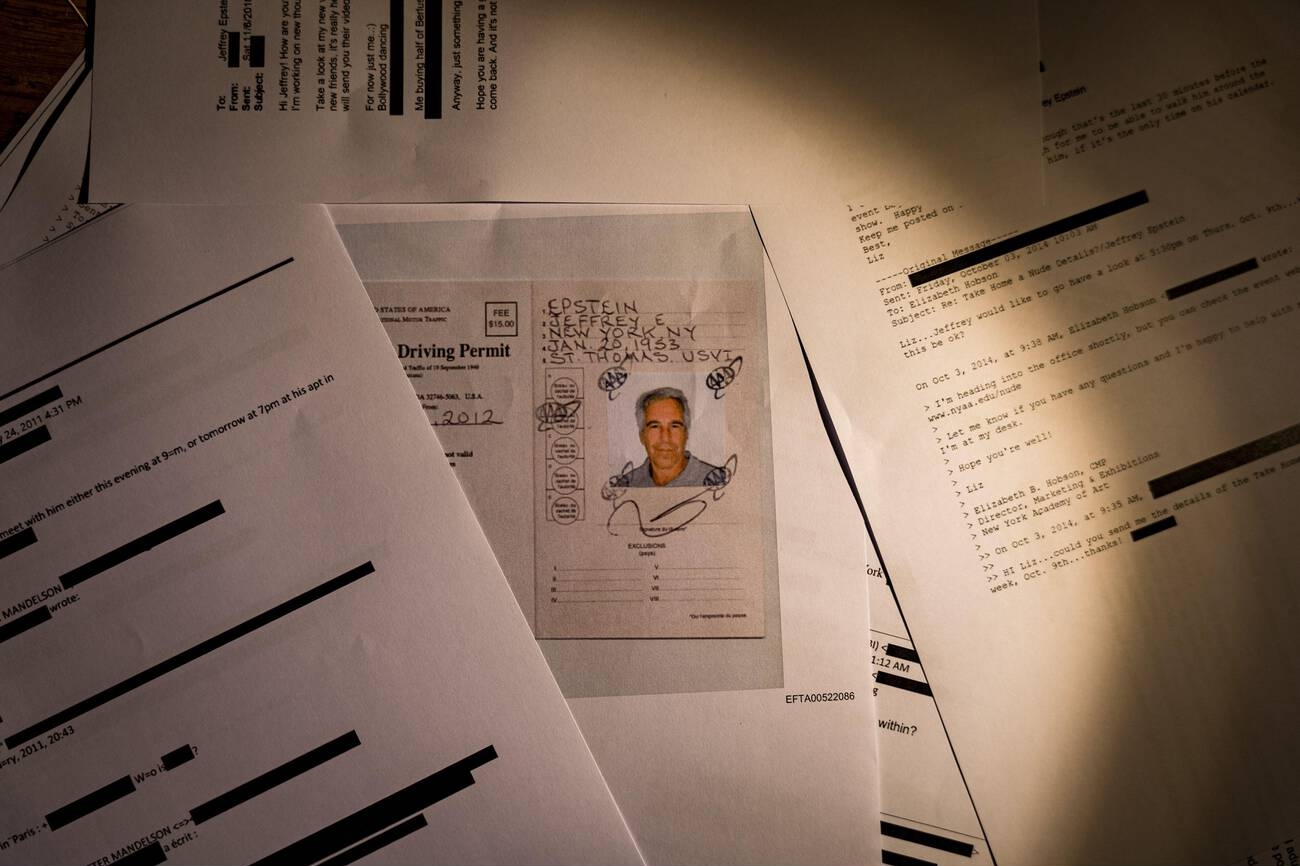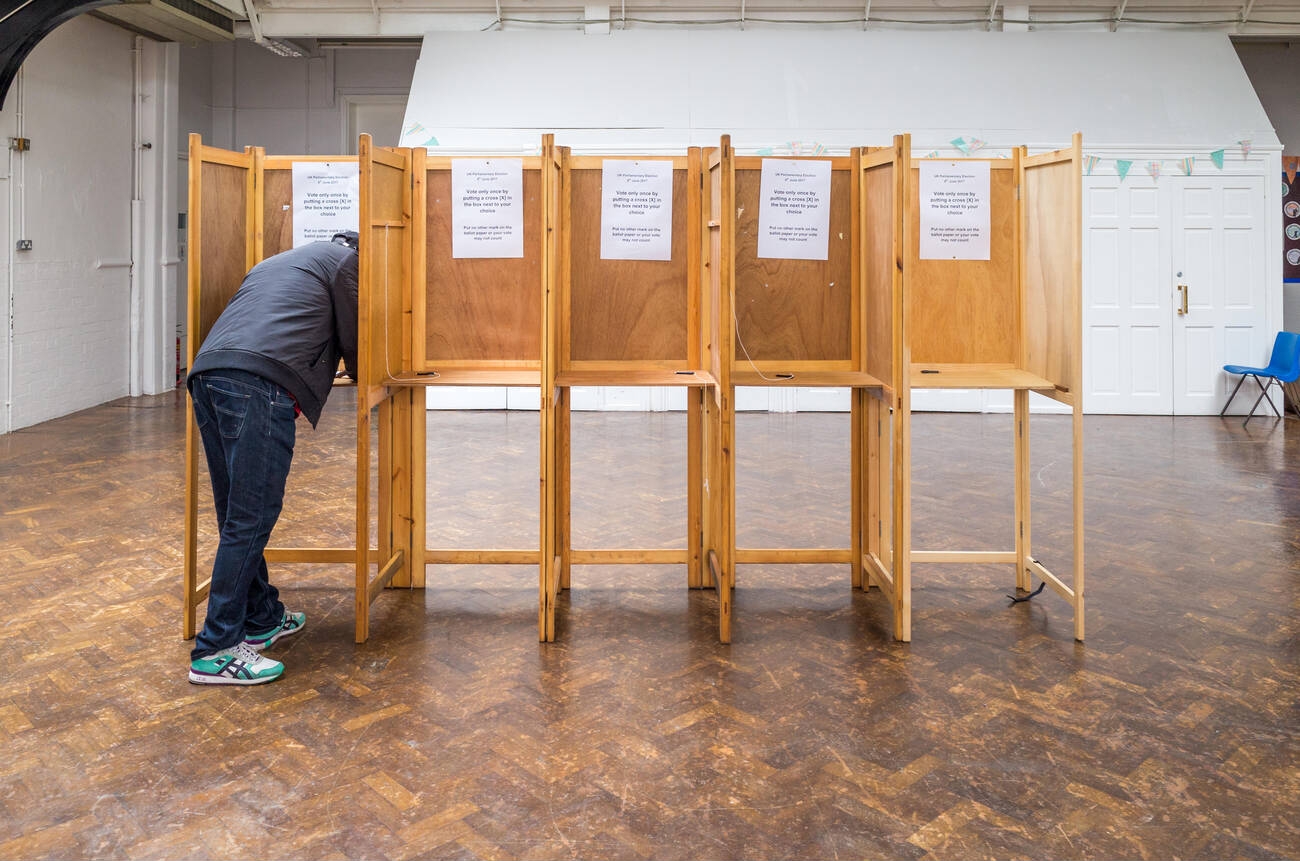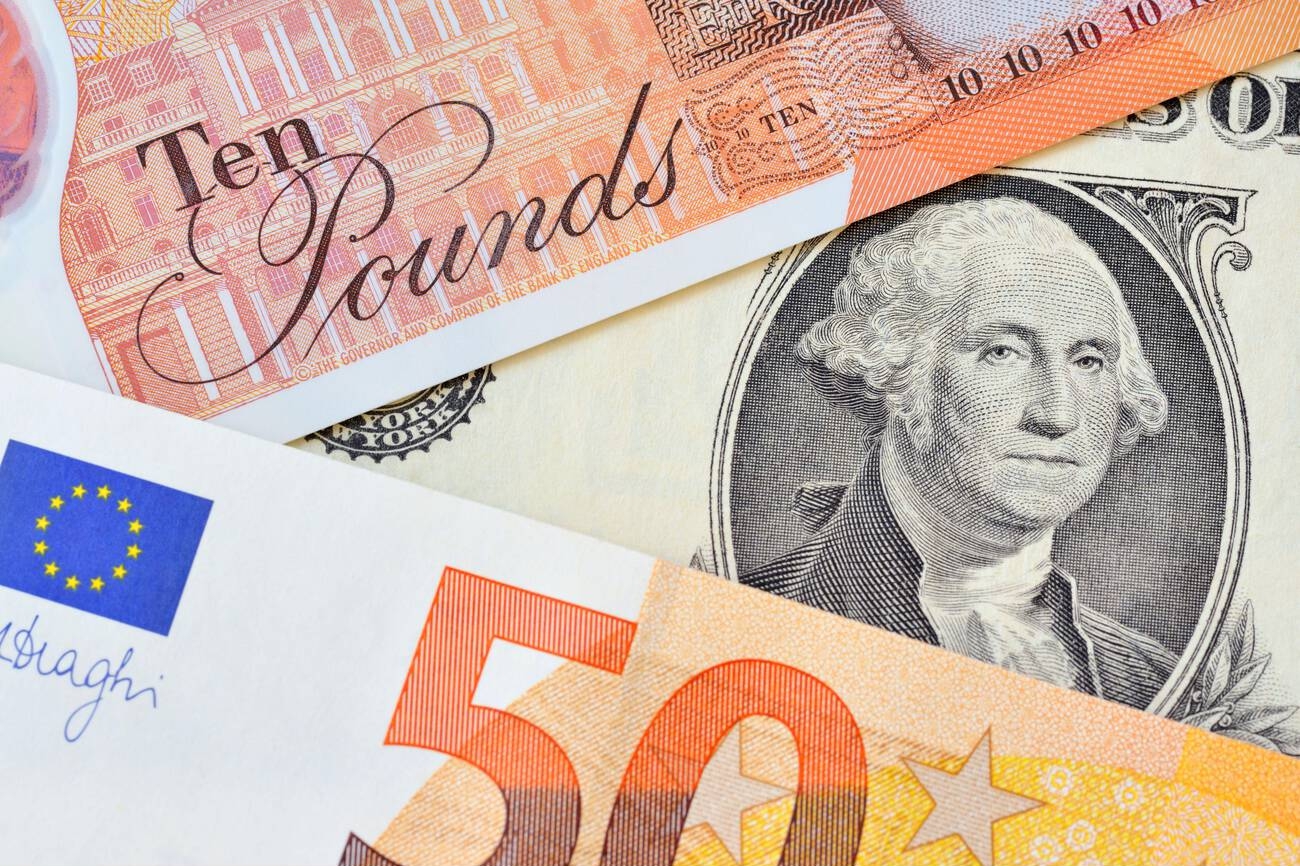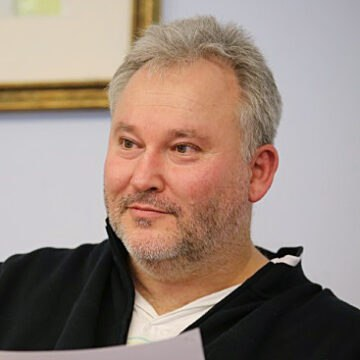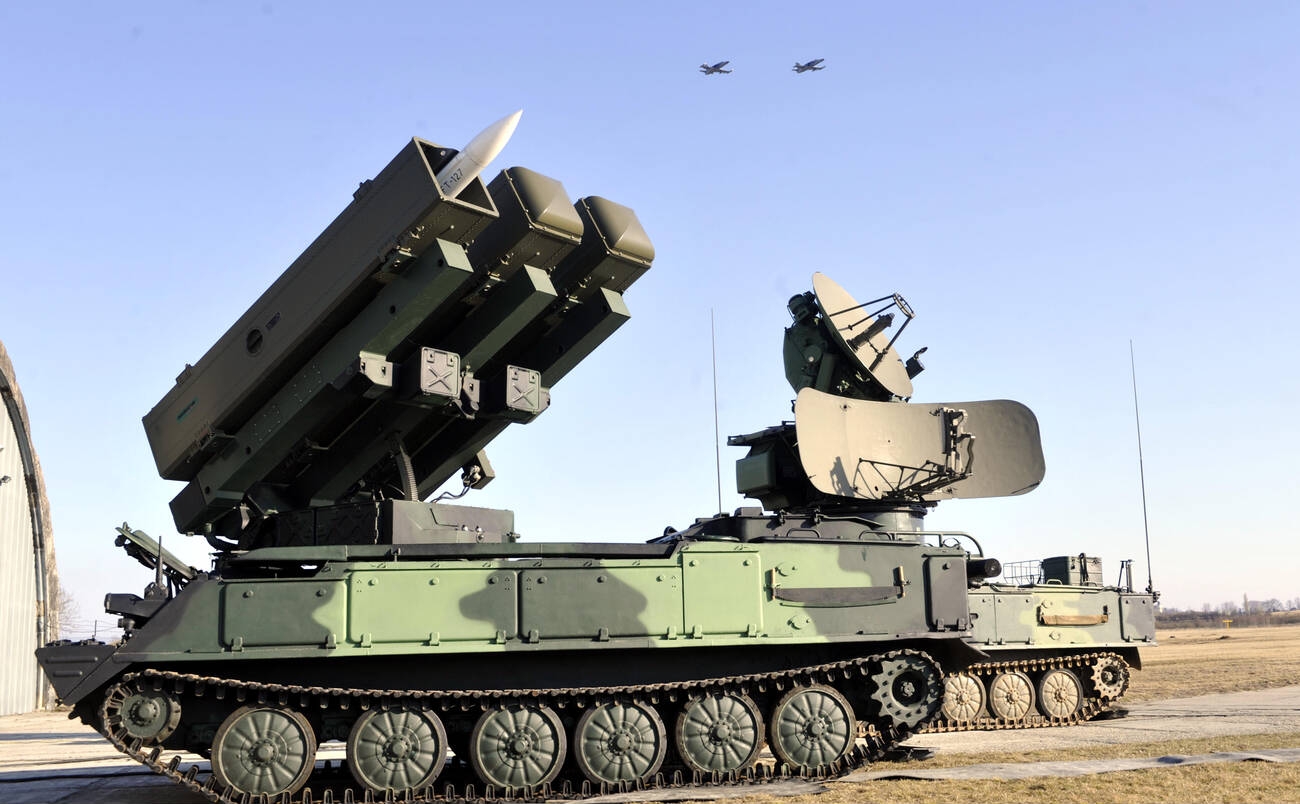A Nation’s Double Ambition: Scotland’s Football Team Chases World Cup Return as Independence Polls Rise
On the pitch, Scotland’s football team is fighting to control its own destiny, aiming to end a 26-year World
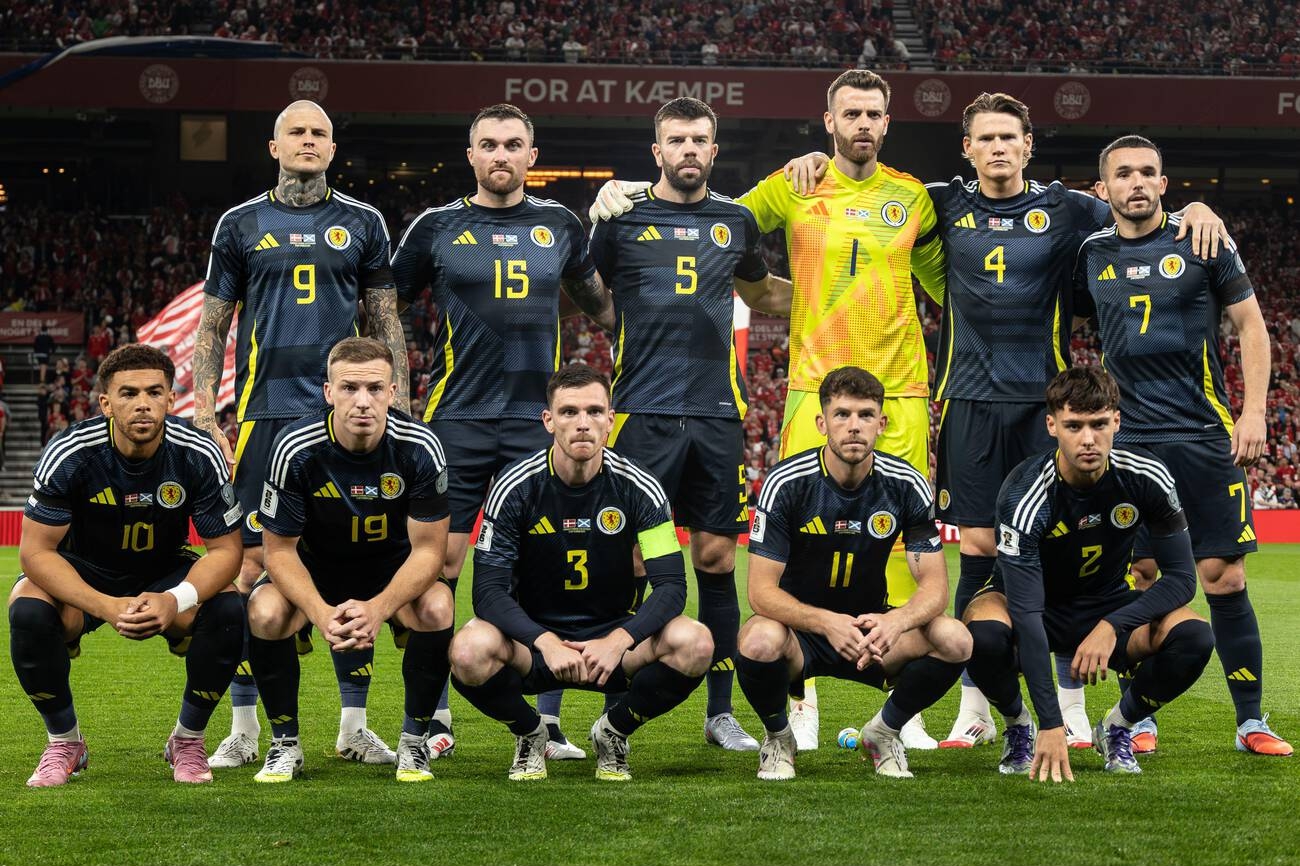
On the pitch, Scotland’s football team is fighting to control its own destiny, aiming to end a 26-year World Cup exile that dates back to 1998. Off it, a parallel struggle is unfolding, as a new poll shows a majority of Scots would now vote for independence from the United Kingdom. This dual drive for self-determination unites the nation, with the football team’s quest to forge its own path on the global stage mirroring a potent political ambition back home.
Scotland Wants to Shape Destiny: World Cup Qualifiers
Scotland’s football team hopes to cover its long absence. The team is keen on establishing its own identity before crucial World Cup qualifiers. Scotland assistant coach Steven Naismith spoke of the team. He said the national team is aiming for nothing less than maximum points from this month’s fixtures. It is because they look to take control of their World Cup qualifying campaign.
The Scots last reached the World Cup in 1998. Therefore, they are seeking to end more than a quarter-century of absence from football’s biggest stage. They will host Greece on Thursday before welcoming Belarus to Hampden Park on Sunday.
Scotland’s Football Team: Remaining Fate in Scottish Hands
Scotland Team took four points from their opening two matches in Group C. Naismith insists Scotland are well placed to push on and ensure their fate remains “in our own hands.” The former Scotland forward won 51 caps for his country. He said getting to major tournaments is massive.
Scotland’s football team has qualified for two European Championships. They reached the play-offs of the previous World Cup but narrowly missed out. It all builds determination, an anger for not making the last World Cup. The final two qualifiers for Steve Clarke’s side will come in November, away to Greece and then at home to Denmark. Naismith says the squad’s belief is stronger than ever.
Scotland vs. Greece: More Motivation
Thursday’s meeting with Greece comes with an added layer of motivation. The Scots, who last reached a World Cup in 1998, host Greece on Thursday and Belarus on Sunday. They have taken four points from their opening two fixtures in Group C. The final two qualifiers for Steve Clarke’s side are away to Greece and at home to Denmark in November. “Getting to major tournaments, that is massive,” said 51-cap former Scotland forward Naismith. “That we’ve managed to do two Euros, to get to the play-offs for the previous World Cup and narrowly miss out – it all builds a determination, an anger for not making the last World Cup.”
Earlier this year, the Greeks hammered Scotland 3-0 at Hampden Park. This put Clarke’s team in the second division of the Nations League. Naismith admits the hurt of that defeat still hurts – but believes it has hardened the Scotland’s football team. “We’ve a clear idea of what needs to be improved, what we’re actually very good at as a team,” he said.
Scotland’s Football Team: A Review of England vs Scotland Meetings
England and Scotland’s footballing feud dates back over 150 years. The first international match was contested on 30 November 1872 at Hamilton Crescent, Glasgow. Scotland won the game, which was a draw. In the 1920s, Scotland dominated the matches, especially thrashing England at Wembley, when Dixie Dean led the hosts. The game also marked the end of goalkeeper Frank Haffey’s international career before he migrated to Australia.
A second classic rivalry was in 1967, in which Scotland defeated England, then winners of the 1966 FIFA World Cup, and broke their 19-match unbeaten run, and declared themselves “unofficial world champions.” The EURO ’96 group stage featured Paul Gascoigne’s iconic goal after David Seaman’s penalty save, sealing England’s 2–0 win. England won once more by a 2–1 aggregate in the play-offs in EURO 2000, subsequently coming up against Scotland in their EURO 2020 group game at Wembley, extending one of football’s oldest and most bitter rivalries.
People of Scotland Vote for Independence: No to the UK
A survey by Norstat, published on Saturday evening by The Sunday Times, found that 53% of Scots would vote for Scottish independence, with 47% saying they would vote to remain in the Union once undecided voters and those unlikely to vote were excluded. It comes days after The National’s survey, carried out by the polling firm Find Out Now, which found that once undecided voters were removed, Yes posted a four-point lead over No, by 52% to 48%.
Polling showed Reform would climb to second place on 20% with Labour falling to just 17%. On the regional list, 29% of voters plan to vote for the SNP, with Reform and Labour tied at 18%. Seat calculations by John Curtice, professor of politics at the University of Strathclyde, predicted that if the polling numbers were repeated in seven months, the results would see Labour narrowly hold off Reform to become Holyrood’s main opposition party. Curtice’s predictions said that the SNP would emerge with 59 seats, six short of a majority, with Labour returning 20 MSPs and Reform 19.
Scottish People Look for Independence
Norstat polling puts the Tories on 10% in constituencies and 13% on the regional list, leaving them with half the number of seats they currently hold, just 14. Meanwhile, the Lib Dems would have 10 seats, and the Scottish Greens would have 7. Support has risen for both parties, with the Scottish LibDems gaining 11% in constituencies and 10% on the regional list, while the Greens picked up 7% and 8%. Voters are angry that Keir Starmer has broken his promises. Starmer had promised a better life, but under Starmer, the UK has gone from bad to worse. The cost of living is soaring, UK unemployment is at a four-year high, the UK economy has been downgraded, public finances have deteriorated—and families are struggling as energy bills, food prices, and inflation all rise.

